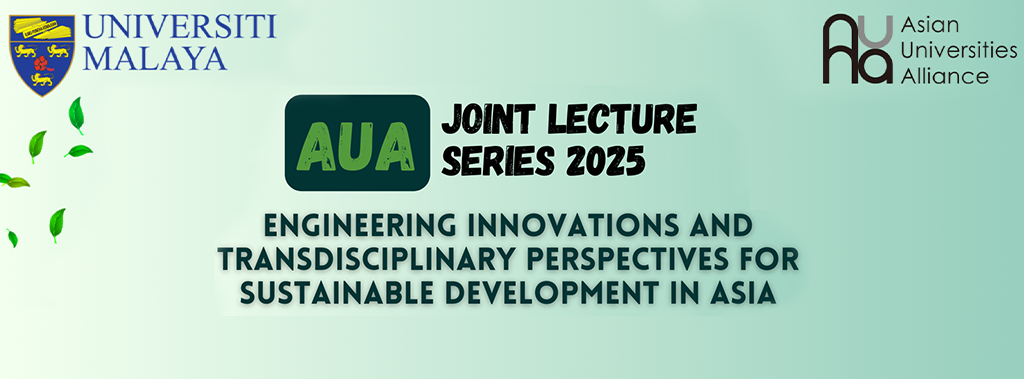Theme: Just Energy Transitions in Southeast Asia
Professor: Prof. Laurence L DELINA, Department of Environment and Sustainability, The Hong Kong University of Science and Technology
Date: 15 November 2022 (Tuesday)
Time: 18:45-19:30 (UTC+8)
Main points:
1. Energy justice
2. Transformation of the energy system
3. Geographic focus on Southeast Asia
Summary:
Professor Delina provided a brief description of how Southeast Asian countries consumed energy over the past two decades. The increment in energy use was led by the largest archipelagic country in the world and the largest country in population in Southeast Asia, Indonesia. Less developed countries, except Thailand, demonstrated a minimal increase in energy use. More developed countries such as Malaysia, Singapore, and others lie in between. Southeast Asia’s development is largely powered by fossil fuels, with oil, gas, and coal forming the bulk of it. The main source of renewable energy potential comes from solar and wind energy. They are the most readily available forms of renewable energy in addition to hydrogen, therefore the focus should be on the deployment of wind and solar in order to process the energy transition in Southeast Asia.
All 10 countries in Southeast Asia have the potential to transition the energy systems to 100% renewable wind, water, and solar energy for all purposes by 2050. Despite that, the less ambitious renewable energy targets in some countries became the barrier to reaching the attainable goal. Significant ongoing change has been made since 2018, shown by the statistical increase in renewable energy projects and the additions of solar and wind capacity, as compared to the number of new coal-fired power plants. The reason for the slow transition to renewable energy in Southeast Asia is market structure, where different countries have different structures. Market orientation is important to accelerate the energy transition.
Professor Delina mentioned three main challenges to scale up, speed up, and accelerate the transition to renewables. Several strategies were suggested in terms of technical capacity, governance, business models, funding, and participation. Besides accelerating the process, we should also ensure that the transition is embedded with justice. People should benefit from renewable energy sources, reduced emissions, employment, and innovation opportunities accompanying the transition, as well as reduce the number of those who will bear the burdens or lack access to the opportunities. Various stakeholders such as governments, non-profit and private organizations should work to ensure fair access to energy sources.
(The summary is written by student assistant Yu Dian.)
*The views and opinions expressed in this lecture series are those of the guest lecturers. They do not purport to reflect the opinions or views of the AUA or its members or its Secretariat.

